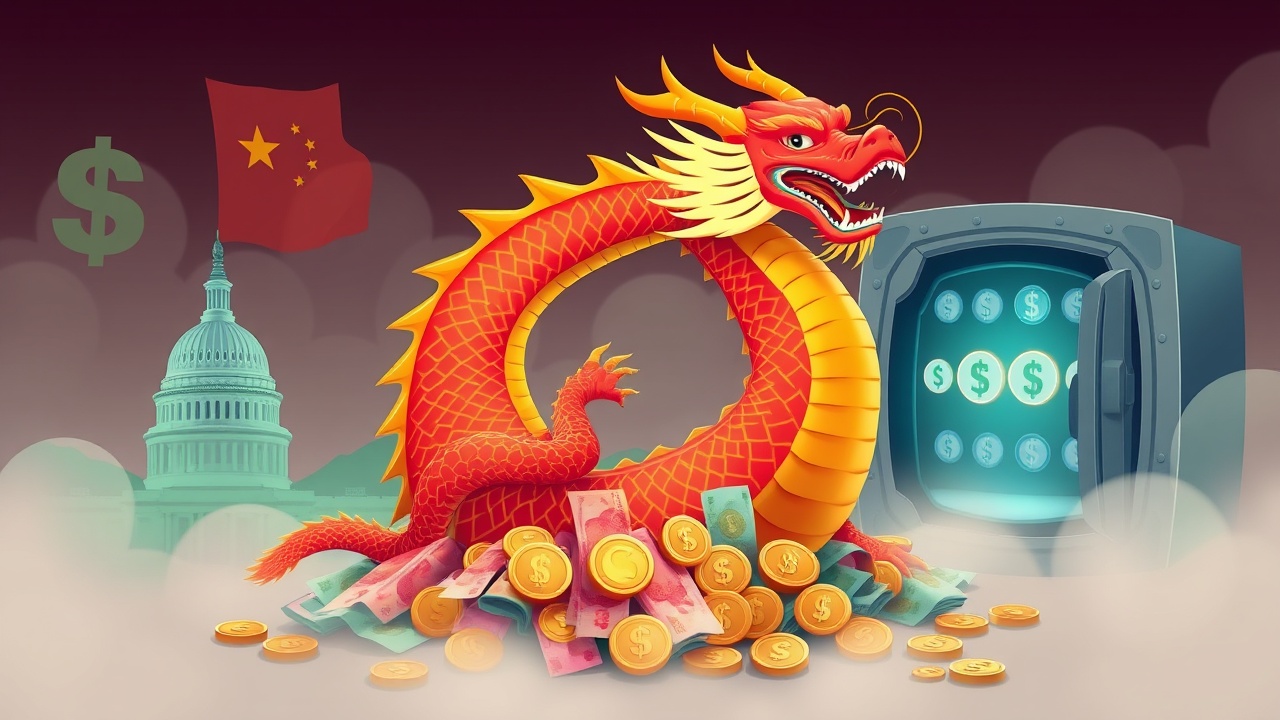The Rise of Stablecoins and Their Implications
In light of the growing influence of stablecoins linked to the U.S. dollar, experts suggest that China may need to consider launching a stablecoin backed by its own currency, the yuan. Analysts point to Hong Kong as a viable launching pad for such a token, given that the region has already implemented regulatory frameworks governing stablecoins.
U.S. Government Concerns
The emergence of stablecoins has caught the attention of the U.S. government, which aims to cement the dominance of the dollar in global markets. This development has prompted experts to assess the implications of this trend and to seek strategies to mitigate potential repercussions.
Recently, Zhou Xiaochuan, the former chief of the People’s Bank of China, expressed concerns about the increasing prevalence of dollar-pegged stablecoins, which he believes could significantly influence global finance.
He warned that while more stablecoins may be developed, those linked to the U.S. dollar could gain wide acceptance, potentially speeding up a process he refers to as dollarisation. His caution reflects the ongoing debate over the economic impact of dollarization, especially considering its possibility of inducing negative effects unless conditions become extremely unfavorable.
Market Trends and Institutional Acknowledgment
Despite the challenges presented by these developments, the stablecoin market continues to thrive, reportedly surpassing a total market capitalization of $250 billion this month. Institutions like Visa have acknowledged this trend, emphasizing the need for financial entities to adopt stablecoin strategies to enhance transaction efficiency.
Proposals for a Yuan-Pegged Stablecoin
To counteract the U.S. dollar’s influence, Alex Au, founder and chief investment officer of Alphalex Capital, has suggested that Hong Kong create a yuan-pegged stablecoin. He believes such an initiative could attract Asian investors and further China’s goal of making the yuan a key player in global finance.
In his views expressed in the South China Morning Post, he highlights that enhancing the use of the yuan in trade and pricing could foster a stronger ecosystem around the Chinese currency, affording more efficient cross-border transactions.
Au further proposes that Hong Kong should strive to develop a distinct financial ecosystem centered on the yuan, leveraging its position as a significant global economic center. Rather than attempting to compete directly with dollar-linked stablecoins, he argues for the creation of a diverse digital currency infrastructure that facilitates both regional and international trading activities.




